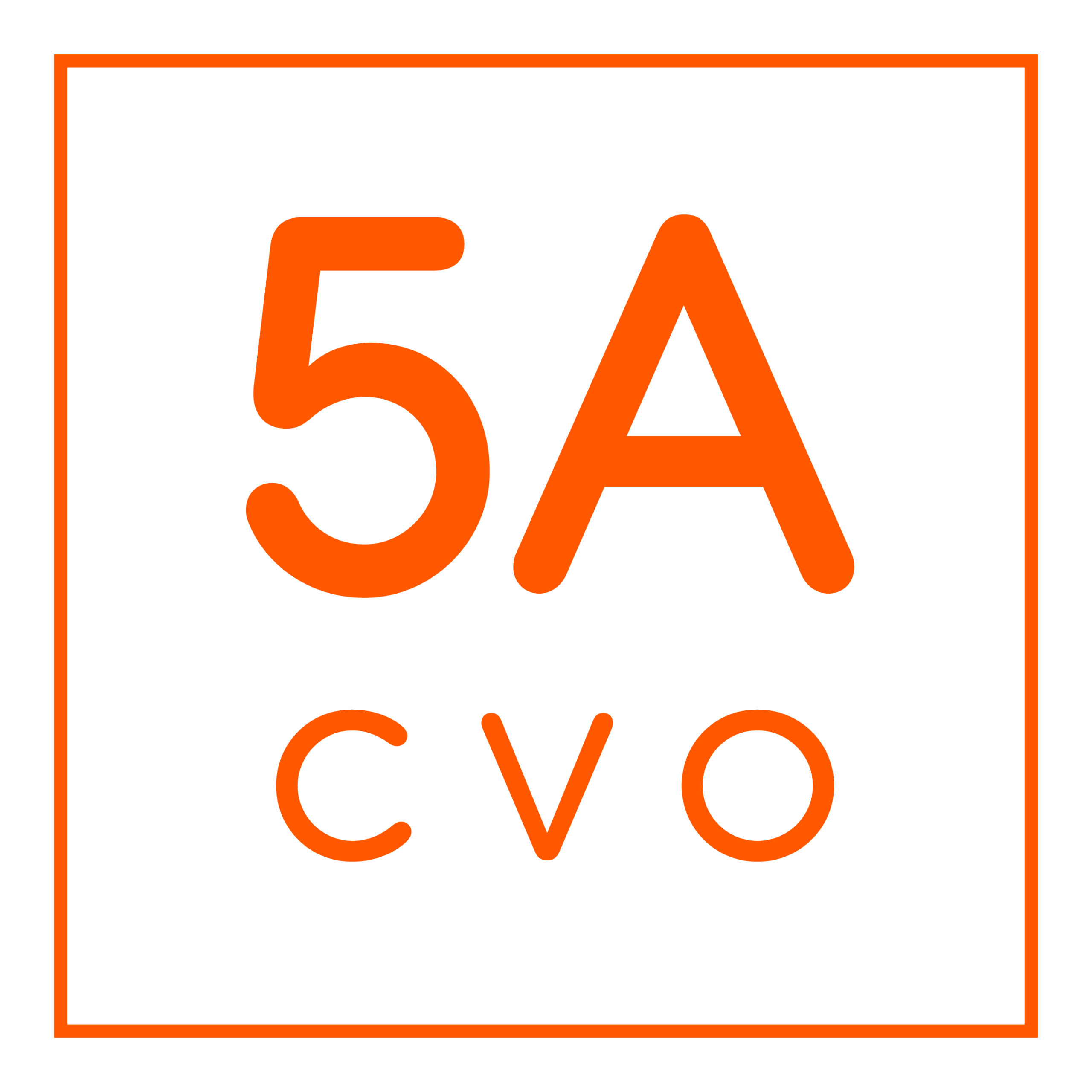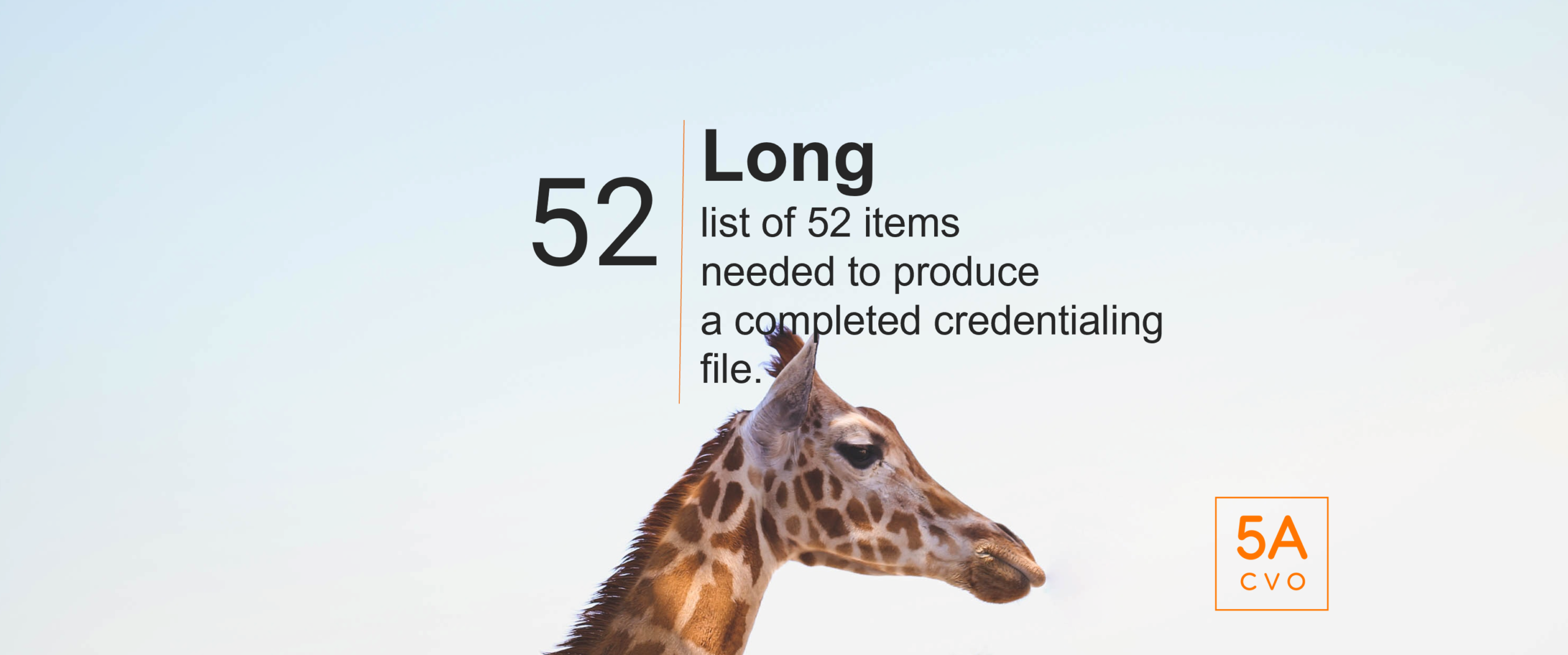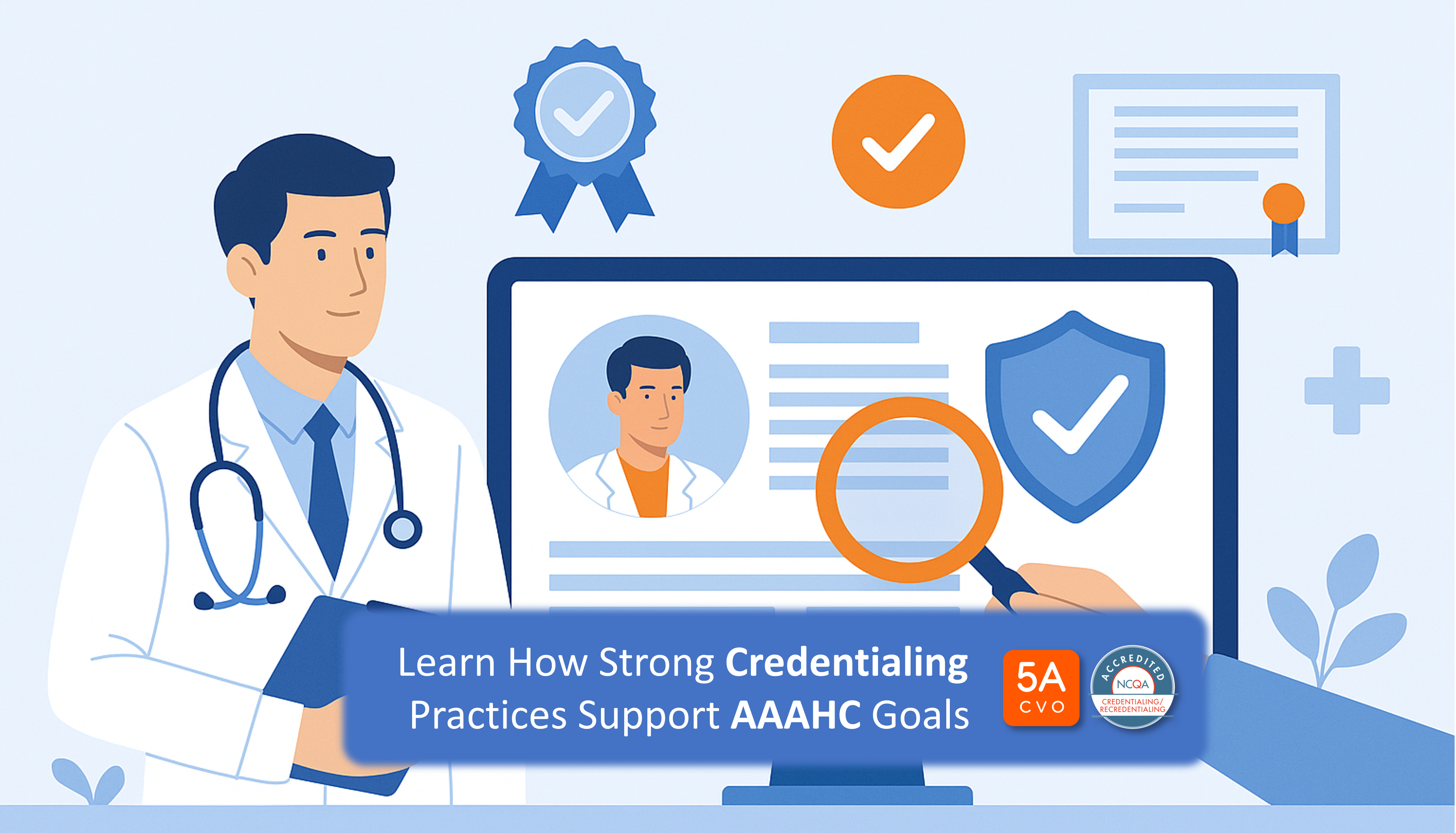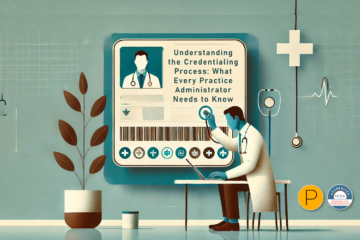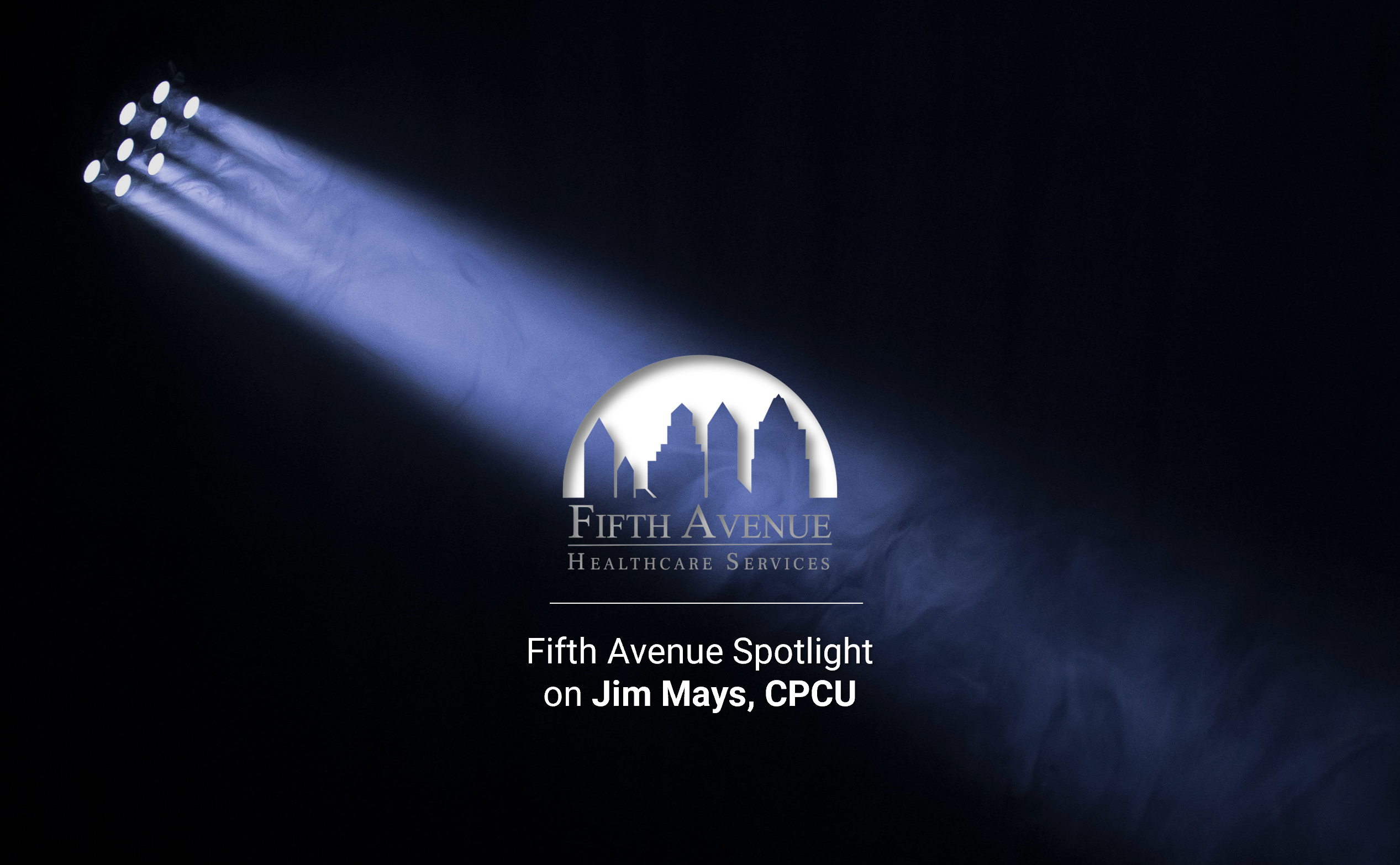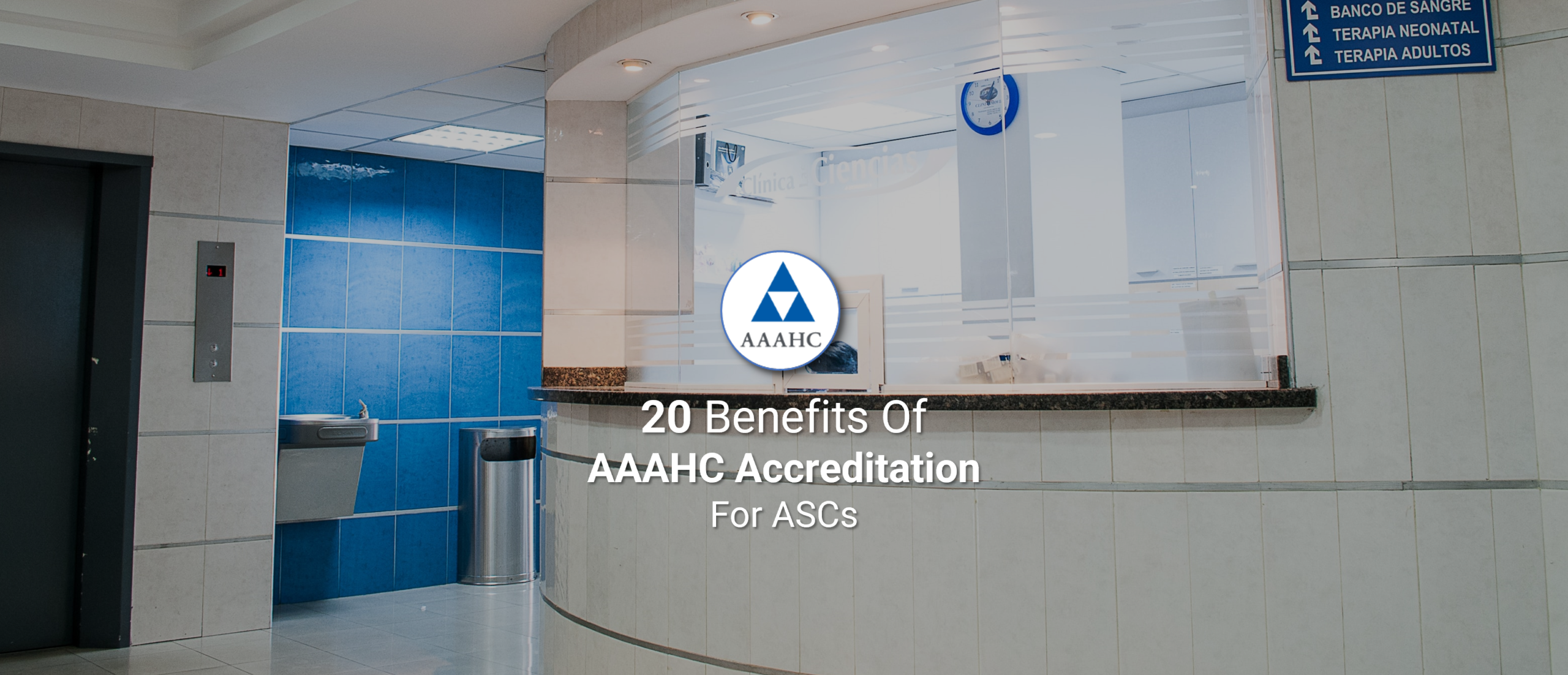Speed and accuracy are central aspects of successful medical credentialing. Two significant benefits of prompt credentialing are faster billing and safer health care. Verifying that your doctors and nurses are professionally trained and certified is routine. However, it can be a demanding process that overwhelms providers and administrators.
No matter how much you struggle with credentialing, it would be best not to rush through it or skip steps. Doing so could damage your practice’s finances and reputation. With malpractice lawsuits on the rise, both in frequency and damages, you must do everything possible to fend off costly litigation. Credentialing is all but guaranteed protection. Handing the entire process to a credentials verification organization (CVO) like 5AVCO can reduce the time and money you and your staff put into each grueling step.
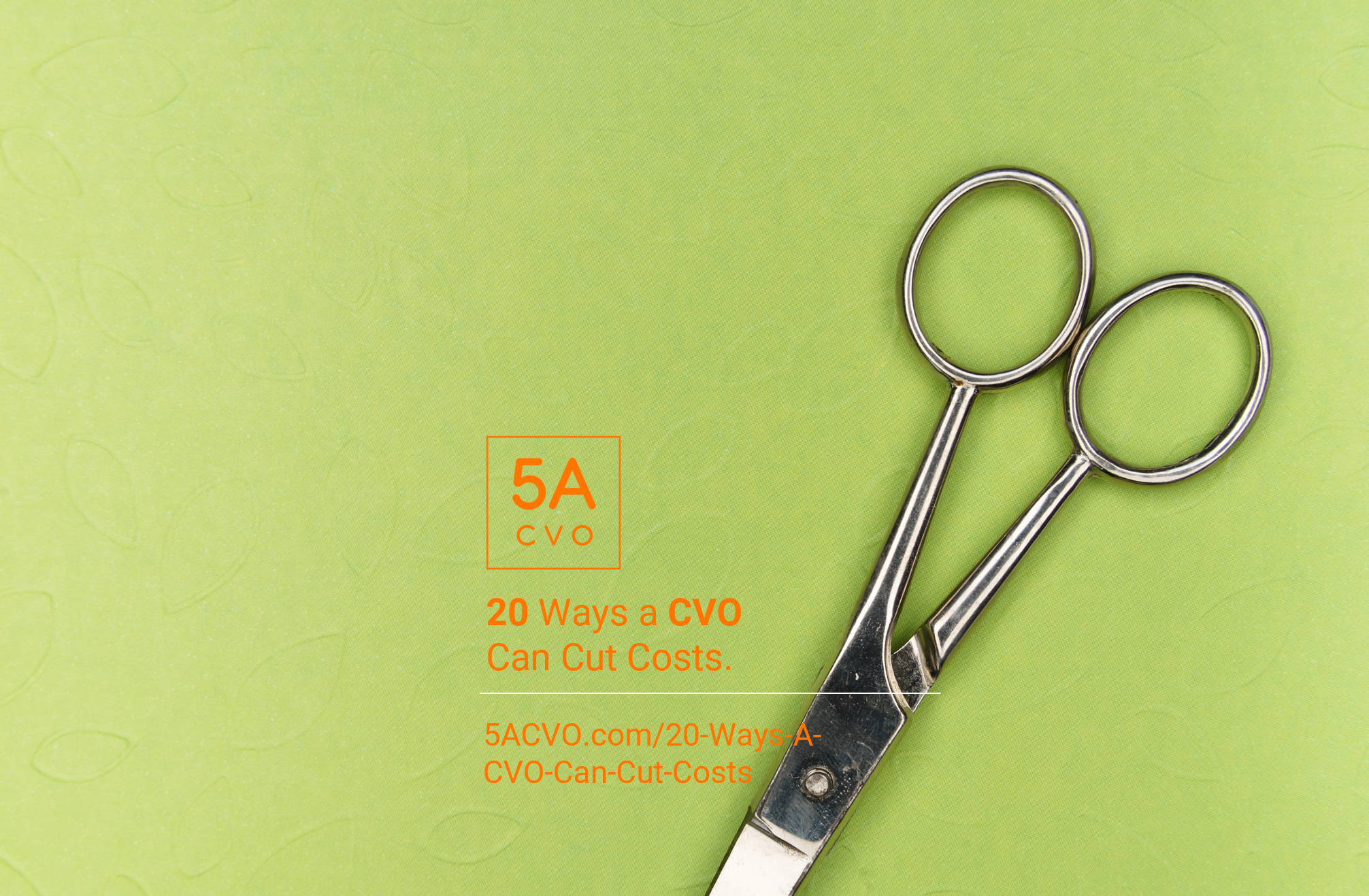
Here are 20 ways a CVO can cut credentialing costs:
1. A CVO can eliminate excess salaries.
As your practice grows, it might need to add staff to keep up with its credentialing requirements. A credentialing specialist’s average base salary is $52,000 a year. Your practice can also forego hiring a specialist and entrust credentialing to your existing staff. However, you must ensure your team is sufficiently trained in every aspect of the process. A specialist should already know how to do the job, but they cost money to employ. You can save that money by outsourcing to a CVO.
2. A CVO can reduce your practice’s payroll taxes and health insurance costs.
Estimates claim that the costs of employing one person can be up to 1.4 times their base salary. While this increase might seem negligible, it can impact a practice struggling to stay within its budget. A CVO can save you an additional $21,000 in taxes and benefits per employee.
3. A CVO can provide higher expertise at a lower cost to your practice.
Although a credentialing specialist’s base salary is $52,000 a year, your practice might have to pay them more based on their experience. A seasoned specialist might demand higher compensation, usually upwards of $63,000+ a year, plus benefits. Getting someone who can adequately credential your healthcare providers is crucial, but you must pay for that expertise. A more cost-effective option would be to outsource to a CVO like 5ACVO. For a lower monthly fee, you will get a team with 385+ years of combined experience to credential every provider so they can get to work and bill as soon as possible.
4. A CVO can help reduce or mitigate credentialing risk.
An inexperienced credentialing specialist or staff member can expose your practice to medical malpractice, which can be financially devastating. One study showed that the average malpractice payout is just over $101,000.
Consider this: what if you hired a so-called “expert” at $63,000 a year, and your practice faces a $100,000 payout because one of your providers acted negligently? The provider has a history of malpractice. Your expert’s credentialing failure can be a costly lesson. Why would you waste money on a dubious specialist when you can reduce your liability risk with a highly-trained CVO?
5. A CVO can continue to function without costly turnover issues.
Employee turnover can cost your practice up to two times an employee’s annual salary. Turnover is unpleasant for companies across all industries. Partnering with a CVO can alleviate the expenses and hassles of employees coming and going.
6. A CVO can lower wasted time costs.
If credentialing falls on your office staff, they might not have enough time to tend to their other duties. They might not even have time to perform the many credentialing steps properly. A CVO can free up your employees to complete different tasks, especially ones they might be more suitable for. A CVO takes on the essential responsibilities of the process. You do not have to worry about them having to do anything else.
7. A CVO can cut credentialing costs by reducing the conventional 52 credentialing step process down to just six (6) simple steps.
A CVO will cut credentialing costs by reducing the conventional 52 credentialing step process down to just six (6) simple steps. Traditional credentialing consists of 52 action steps. These steps include receiving the provider application packet, reviewing claims histories, performing a 10-year background check, and more. 5ACVO cuts these steps down to six (6) simple steps. Better credentialing can result in prompt provider enrollment, enabling providers to see patients sooner and begin billing faster.
8. A CVO can lower non-efficiency costs.
When you outsource your credentialing to a CVO, you no longer rely on offline tools like makeshift programs, spreadsheets, and checklists. These inefficient methods can result in errors that increase liability risks and the time it takes to push providers through the process.
9. A CVO can reduce research time, software, and training costs.
Depending on the size of your practice, credentialing software could cost your business $400+ per month. You also have to factor in the time to train staff on the platform, which could be better spent improving your business. The costs do not end here. You have to research different solutions and hope you pick a trustworthy one. If you chose poorly, your credentialing could suffer, increasing your exposure to unqualified providers and ensuing claims or litigation. You can team up with a CVO to eliminate all of these expenses.
10. A CVO can reduce IT staffing costs.
Regarding credentialing software, you might have to dedicate funds to hire an IT specialist or, depending on the size of your practice, a department. More staff means your practice has to cover more salaries and benefits. If you use a CVO, then you can reduce the burden on your IT department and your budget.
11. A CVO can help reduce litigation risk.
CVOs are generally unbiased organizations. Providers and staff members applying to your facility should experience equal treatment throughout the process, reducing your practice’s litigation risk based on accusations of discrimination. It would be best to use every opportunity to mitigate your liability risk.
12. A CVO can help reduce malpractice costs.
A CVO’s non‐biased approach can also improve patient safety. For instance, if your practice wants to keep a provider with a complex history of malpractice and conducts in-house credentialing, it might push the provider through the process. This risky move can put your patients in danger of being hurt or worse. Malpractice can eventually cost your practice money.
13. An NCQA-accredited CVO can decrease ongoing training costs.
Accrediting standards can change. Credentialing specialists must keep up with every update to maintain compliance. You have to rely on them to keep your practice safe. They have to spend time reading up on guidelines to stay current.
What if they do not have the time? What if they are too busy performing all of the other credentialing steps? What if they let their knowledge lapse? Unacceptable providers could remain employed and endanger your patients. CVOs can take over this duty to save your staff and shield your business from risk, especially an NCQA Credentialing Accredited CVO like 5ACVO.
14. A CVO can cut physical resource costs.
Salaries are not the only expense your practice must field. Physical resources can drain a budget just as much as health insurance premiums. The average office worker uses 10,000 sheets of copy paper annually, costing their business approximately $76 per employee. Paper use can cost up to 31 times more than buying paper in the first place. A CVO can reduce your practice’s paperwork load, which can lower your materials budget.
15. A CVO can reduce paperwork storage and security costs.
Less paperwork also means there are fewer forms you have to secure. Although storage options might not seem expensive, they can add up over time. An average file cabinet can cost a business $1,500. Plus, you must make room for it in your office and online cloud. Off-site and online storage can cost as much depending on your document volume, and then there is the need to ensure all the documents are properly secured. You will not have to deal with these expenses when outsourcing your credentialing verification.
16. A CVO can reduce missing paperwork costs.
Documents can go missing for any reason. Missing paperwork will probably result in losing time reentering information and refiling everything. CVOs typically offer secure, online access to sensitive files. Practices can authorize specific team members to log in to a web portal and track every credentialing document. Fewer physical documents mean fewer risks. 5ACVO, for example, makes everything available 24×7 via the online credentialing web portal.
17. A CVO can reduce billing opportunity costs.
Time is money. Delaying credentialing could prevent providers from seeing patients and starting billing.
Your office staff probably have a lot of tasks to complete. If they have to credential providers, they might dedicate enough time to complete the procedure. CVOs only perform credentialing services. This laser-sharp focus allows them to process verifications 5 to 7 days faster than in-house methods. This can result in additional billing revenue for each provider, totaling just over $47,000.
18. A CVO can reduce interruptions to a practice’s revenue cycle.
You only have to submit applications once to CVOs instead of each time verification is needed. There are no additional wait times or fees. Driving revenue to your practice as soon and often as possible is critical in today’s unsteady economy. Any interruptions in the revenue cycle can stunt your practice’s growth and sustained success.
19. A CVO can reduce wait time costs.
The most successful CVOs have access to resources to expedite the verification process, reducing their workload and increasing the time they can bill. For example, as part of the Fifth Avenue Healthcare Service family, 5ACVO can collaborate with its sister brand, Primoris Credentialing Network, to help providers overcome one more hurdle towards billing: provider enrollment.
Instead of applying to each health plan or network option one at a time, providers can use Primoris to apply to 25+ delegated options with ONE application. This shortcut can save providers time and energy, which are often in short supply in the medical industry. 5ACVO can also collaborate with its sister brand, Fifth Avenue Agency, to help providers with their medical malpractice and medical professional liability insurance demands.
20. 5ACVO credentialing costs are approximately 69% lower on average than conventional credentialing.
Using the MSP ratio research from NAMSS and the current industry compensation means from Salary.com, 5ACVO’s credentialing cost is about 69% lower than conventional credentialing costs, resulting in instant savings. This can help practices that need immediate relief from budget crunches.
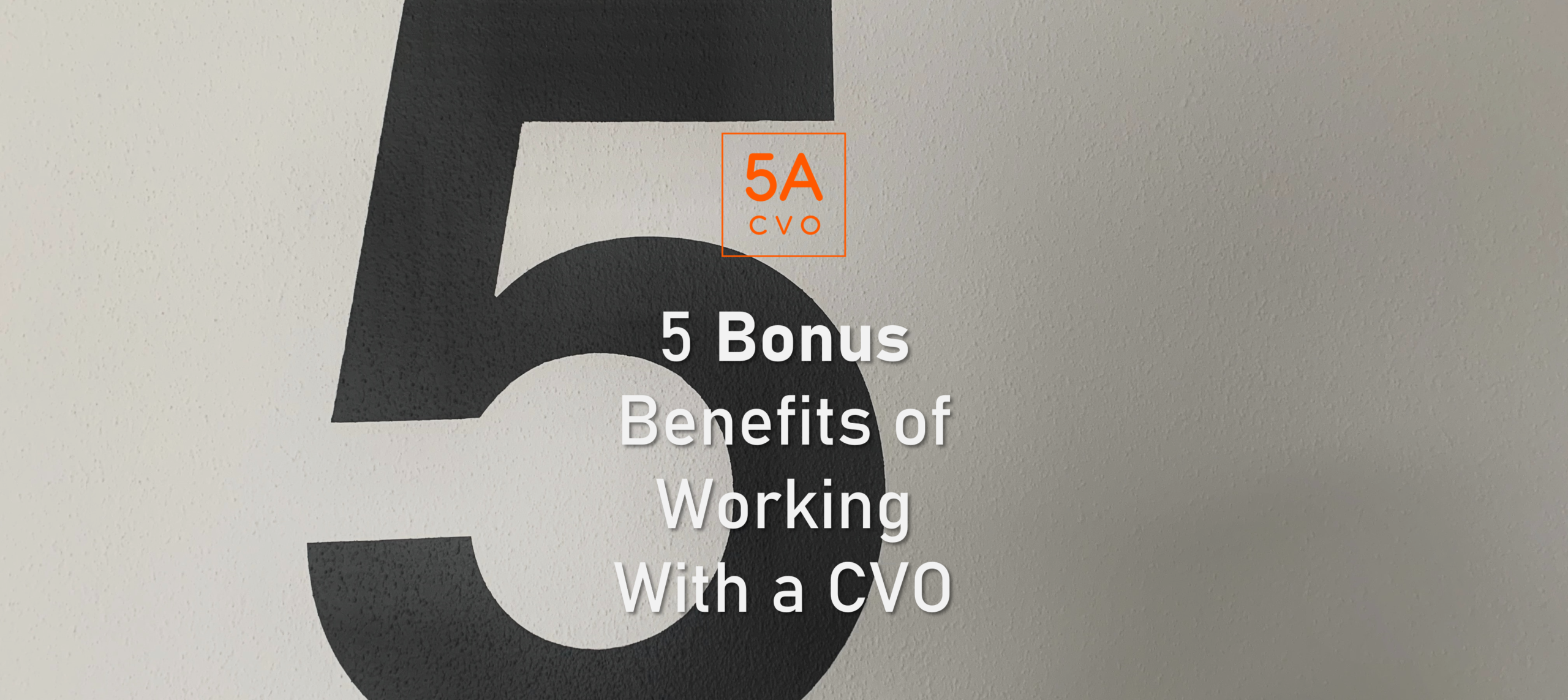
5 Bonus Benefits Of Working With A CVO
In addition to being able to cut credentialing costs, a CVO can:
1. Reduce human errors
As previously mentioned, errors delay when providers can begin billing. Mistakes can also allow bad providers to treat patients and prevent qualified ones from working. Accuracy is essential to credentialing.
2. Speed up processing
The standard credentialing process can take between 90 to 120 days from start to finish. The process can stretch well past 120 days if any problems occur. Your practice might not be able to withstand such a pause. CVOs can strive to finish credentialing in as little time as they can.
3. Streamline process complexity
Reducing the traditional 52 credentialing actions to 6 not only hastens the process but creates fewer opportunities for things to go wrong. Plus, consolidating different points of contact into one makes contacting someone regarding the process faster and simpler.
4. Decrease non-profit producing activities
Quicker turnaround times can help providers see more patients and deliver better service. Better service can equate to a higher level of patient retention. This creates a continual cycle of revenue. Another thing to consider is that satisfied patients might recommend their providers to their friends and families. Providers and their practices can tap into this more significant source of income if they use a CVO.
5. Boost practice staff morale
Removing laborious work can alleviate the stress of everyone who works in a practice. Outsourcing credentialing is one way to curtail the quantity of taxing labor. This can raise practice morale and improve employee and patient environments.
Credentialing Cost Cutting Conclusion
Many businesses cut costs wherever they see fit. They want to make and save money. Medical providers and practices are no different. Any provider or practice outsourcing to a CVO can cut credentialing costs and save money. Credentialing is not the expensive, painful job that it used to be. You can cut credentialing costs now when you transfer the entire process to a team of experts like 5ACVO, with hundreds of years of experience, expertise, and world-class technology.
More information about 5ACVO
5ACVO is an NCQA Credentialing Accredited specializing in credentialing and primary source verification and is part of the Fifth Avenue Healthcare Services family. 5ACVO sister companies include Fifth Avenue Agency (MPLI and medical malpractice insurance specialists) and Primoris Credentialing Network (credentialing and provider enrollment specialists with 54+ health plan and network provider enrollment options).
For more information on 5ACVO, please visit 5ACVO.com or Contact Us.
